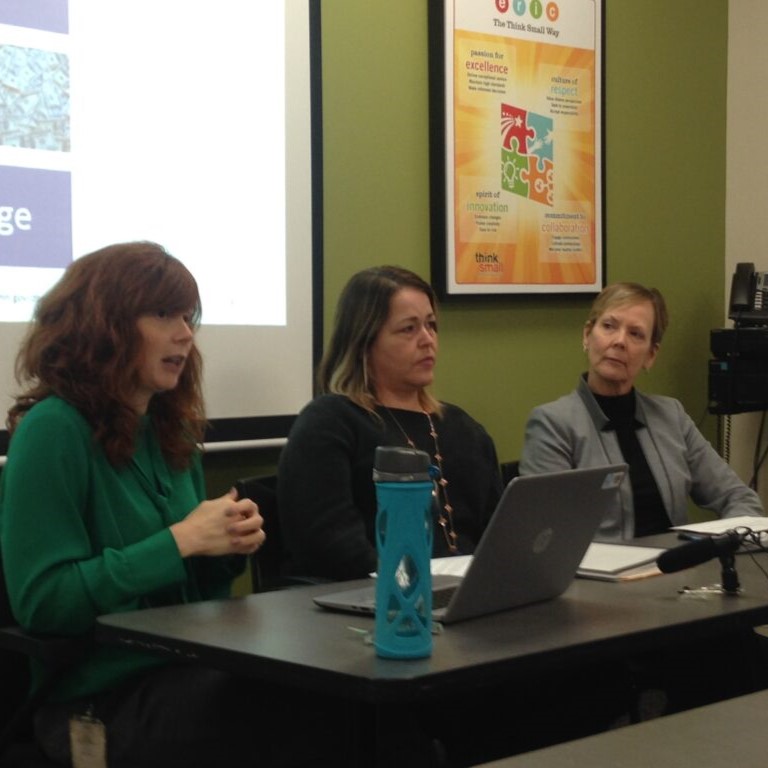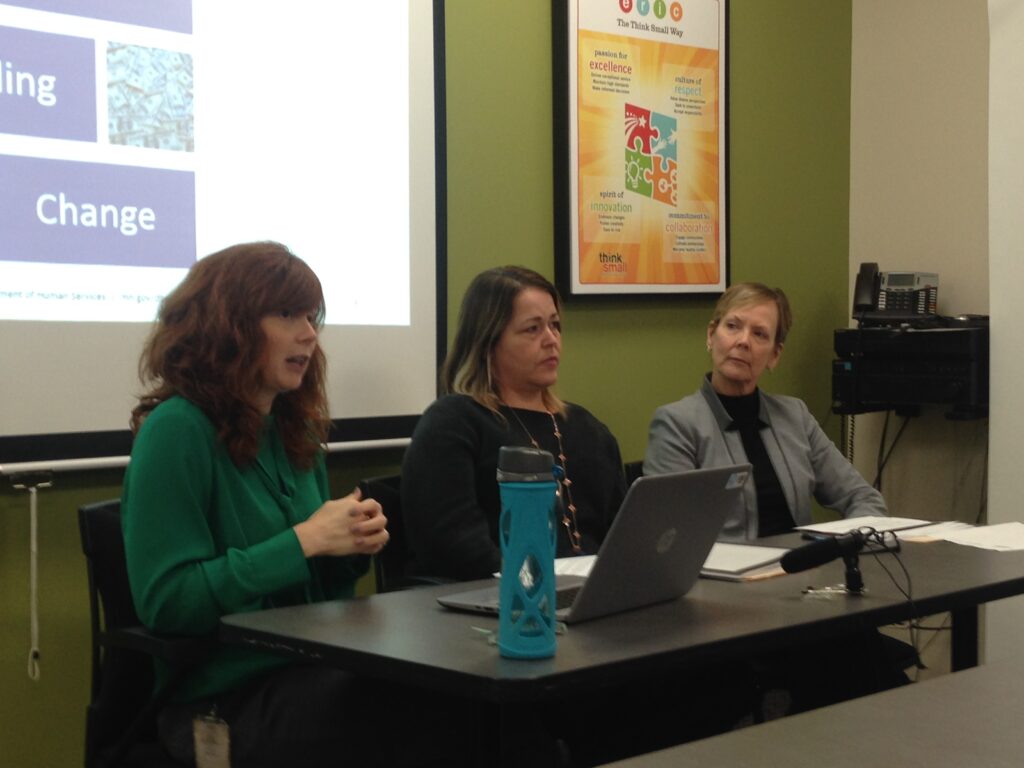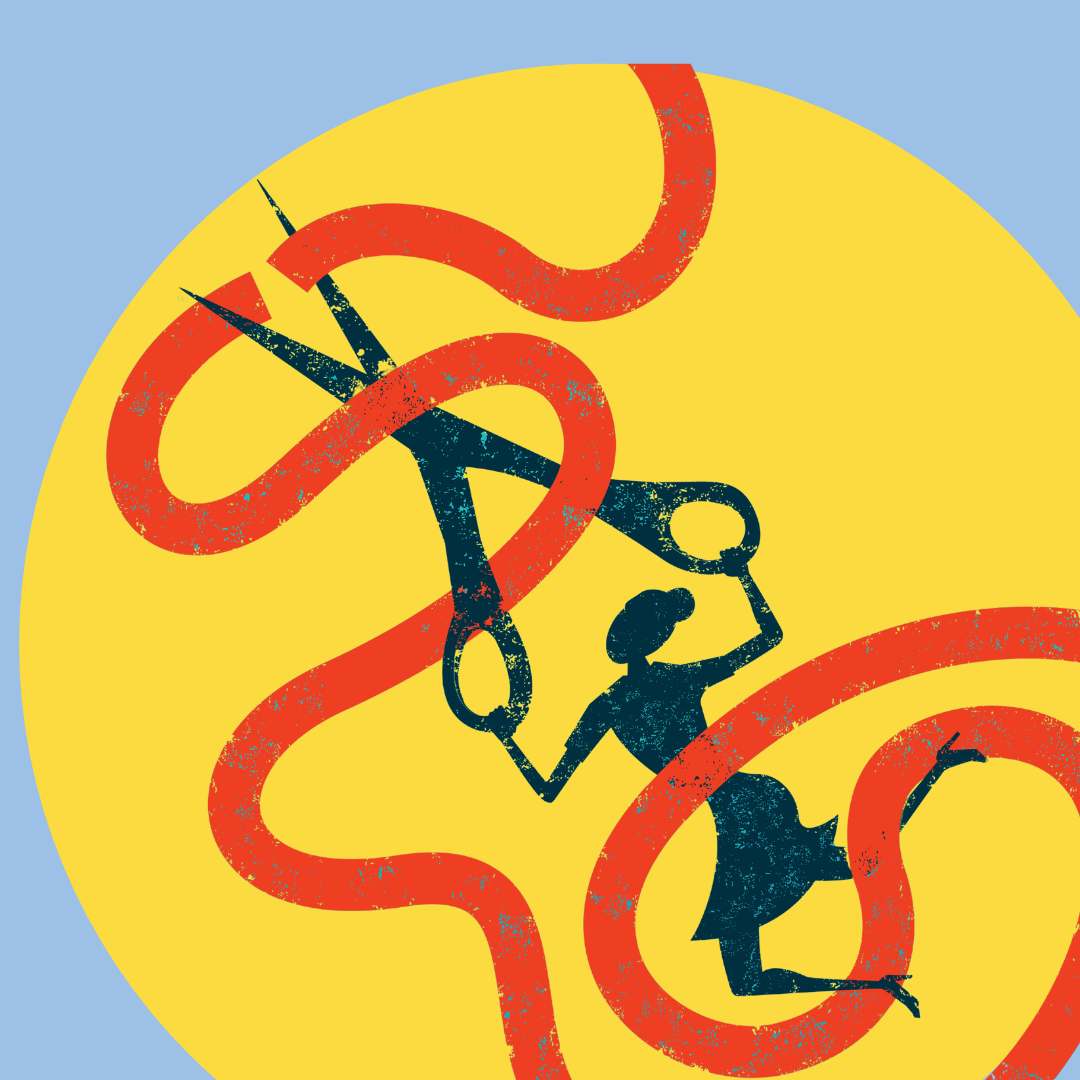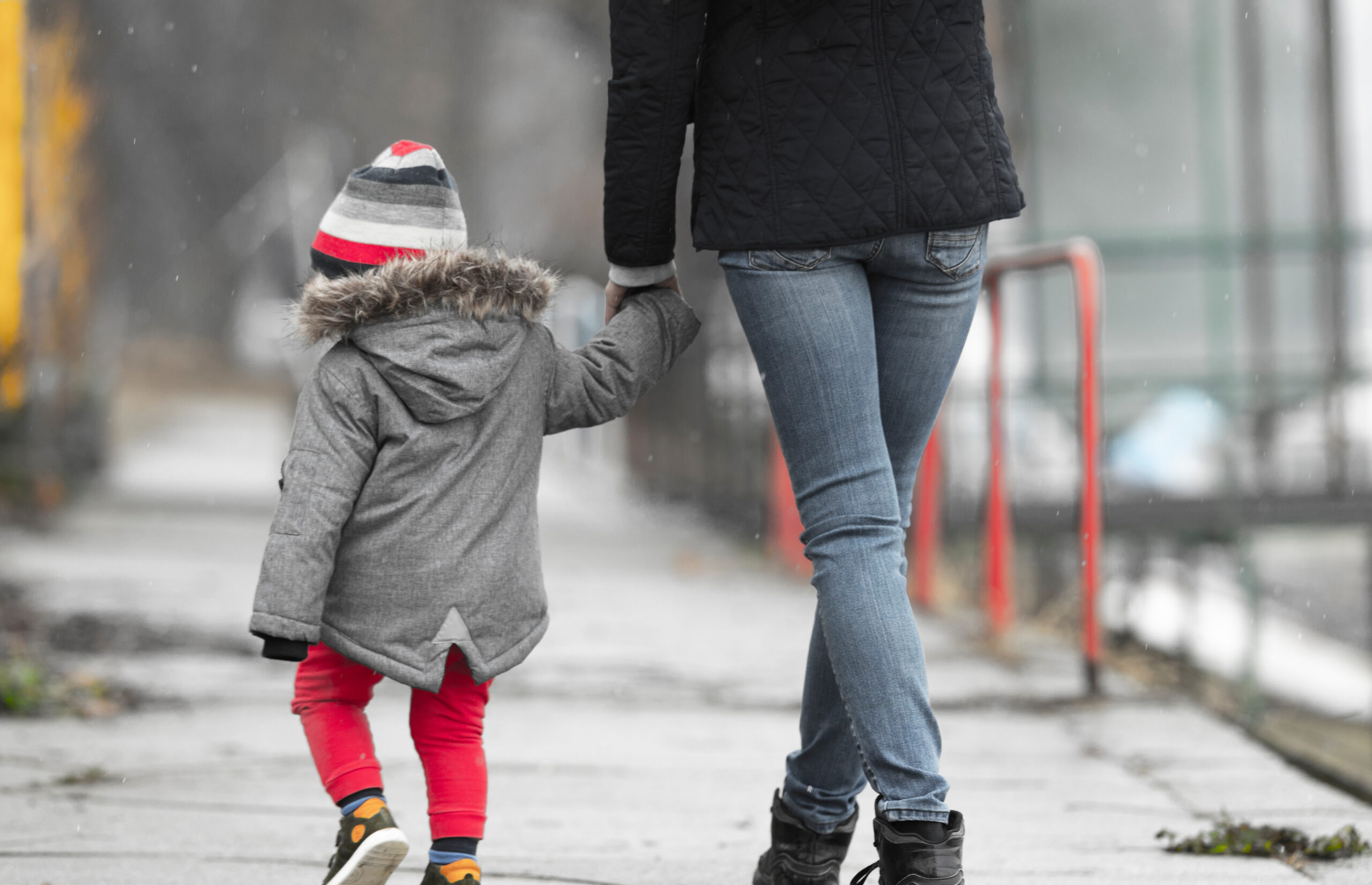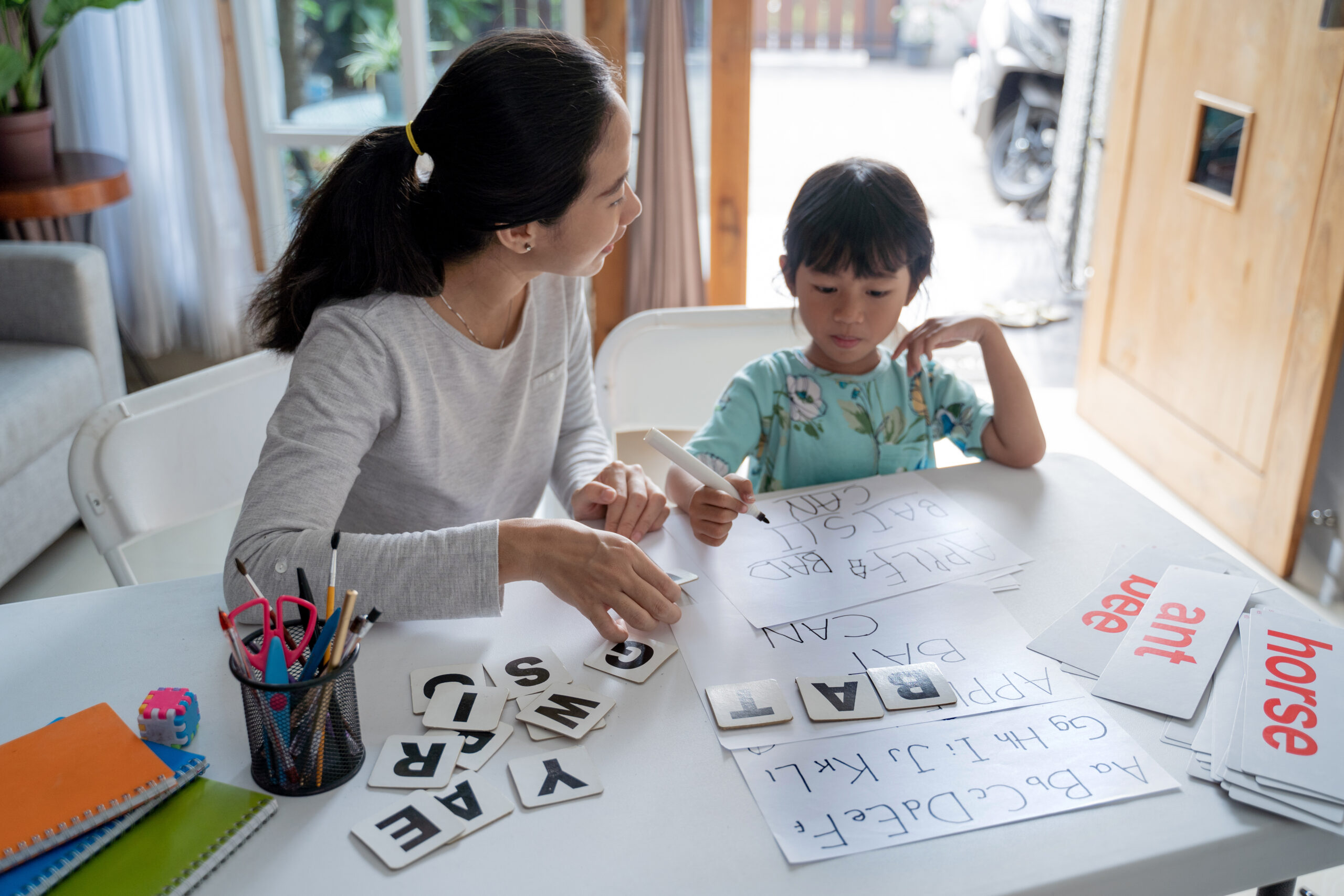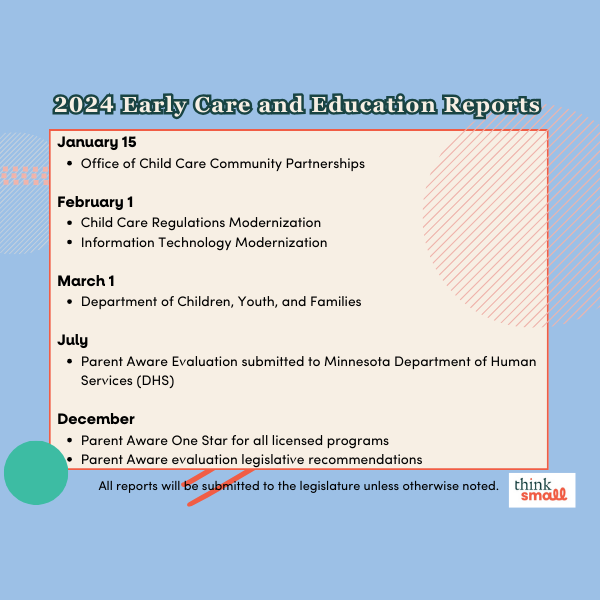Staff from the Minnesota Department of Human Services (DHS) presented at November Policy Hour about the changes to child care in Minnesota. During the 2017 legislative session, many changes passed to help Minnesota come into compliance with federal updates to the Child Care and Development Block Grant (CCDBG).
Child Care Assistance Program (CCAP) ChangesNicole Frethem gave an overview of changes to CCAP. Families receiving CCAP will now have 12 months of continuous eligibility, providing more stability than the previous system of redetermining eligibility every 6 months. During those 12 months, copayments will not go up with changes in family income, although they can go down if necessary. Most families will have to report less information during this time about changes in work schedule or child care needs.Providers will now have to receive payments within 21 days, which is faster than the previous requirement of 30 days. For more information about CCAP changes, refer to this document.LicensingMichelle McGregor gave an overview of changes to child care licensing. License-exempt programs that serve children receiving CCAP will now need to go through a certification process. This includes many after school programs and requires them to meet additional health and safety standards, along with some other new requirements.Child Care Centers and Licensed Family Child Care will start receiving annual inspections as part of the new legislation. McGregor explained that DHS is currently hiring additional licensing staff. When a provider receives an inspection next year, the annual inspection will be based on that date going forward.A new emergency preparedness requirement means providers need to have a plan for how to address emergencies. DHS recently incorporated feedback from providers into their Keeping kids Safe Planning Guide and Emergency Plan Template.A key component of the federal plan is improved consumer education resources. DHS uses the Parent Aware website to house information about child care in the state. There will be some changes to how information is posted on the site.Fix-It Tickets were not part of the federal CCDBG changes but did pass the state legislature. Providers will receive fix-it tickets at an inspection for minor violations that do not affect the health and safety of children in their care. They will have 48 hours to fix the issue, which will not appear on a correction order if resolved. The department is working with the commissioner on the details.Exit Interviews are an additional item that passed apart from the federal requirements. These will be between providers and licensors at the end of a licensing visit, where both parties can review the information from the inspection in order to reduce miscommunication. Many licensors already do this in some format, but it is now more widely encouraged.View additional information for Child Care Centers and Family Child Care.Background StudiesEnhanced background studies will be required for all child care providers. Kristin Johnson explained that the new studies will use fingerprints to search multiple state and national databases for individuals 18 and older.Children 13-17 who live in a Licensed Family Child Care home will have to receive fingerprint studies as well. Those studies will only go through the Minnesota Bureau of Criminal Apprehension in most cases, not the FBI. The state is still working to improve the infrastructure for these background studies. They likely will not be implemented until Summer or Fall of 2018, and providers will be notified in advance.For more information about the background studies, visit the FAQs page.Parent AwareNara Topp gave updates about Parent Aware. The first cohort using the updated standards is in the process of being rated now. Changes made during the 2017 legislative session allow all programs participating in Parent Aware to be eligible to receive Early Learning Scholarships until July 2020, when programs will have to have a 3 or 4 Star rating.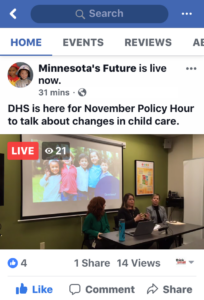 Policy Hour was presented on Facebook Live. To view the recording, click HERE.Click to see the DHS PowerPoint presentation regarding the changes.If you have questions or feedback about these changes, email DHS.CCDFReform@state.mn.us.By Marie Huey, Public Policy and Advocacy Coordinator
Policy Hour was presented on Facebook Live. To view the recording, click HERE.Click to see the DHS PowerPoint presentation regarding the changes.If you have questions or feedback about these changes, email DHS.CCDFReform@state.mn.us.By Marie Huey, Public Policy and Advocacy Coordinator
